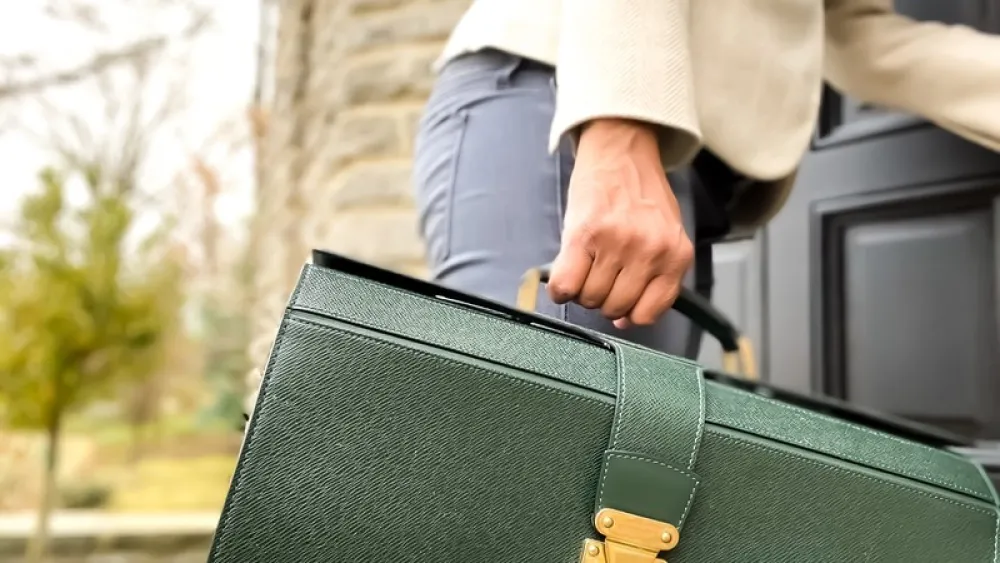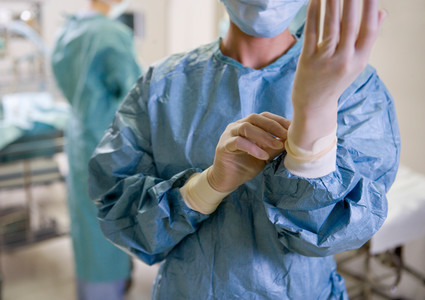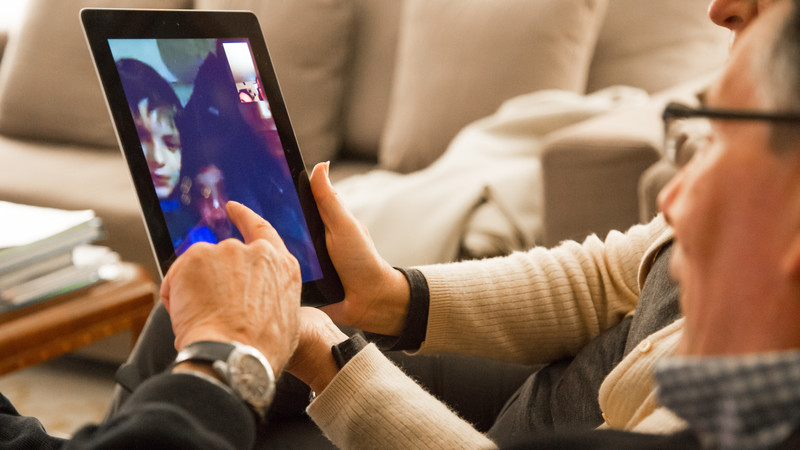Healthy Lifestyle
For Fear of Bringing it Home: Protecting Your Family While Protecting Others During the COVID-19 Pandemic
Published: March 24, 2020

Essential workers – especially those in health care – are dealing with a whole new level of anxiety right now. Sure, they’re worried about their own health and safety as they continue treating patients who may have contracted COVID-19. But the thought of bringing it home? That’s even more daunting.
 The Centers for Disease Control and Prevention (CDC) provides health care personnel guidance on protecting themselves while in a hospital, but there’s little advice outside of that. And while some medical professionals are choosing to ride out this pandemic away from their families – in hotels, apartments or elsewhere – not everyone has that option. So what are essential workers to do?
The Centers for Disease Control and Prevention (CDC) provides health care personnel guidance on protecting themselves while in a hospital, but there’s little advice outside of that. And while some medical professionals are choosing to ride out this pandemic away from their families – in hotels, apartments or elsewhere – not everyone has that option. So what are essential workers to do?
Go Back to the Facts
We know that during this pandemic and always, we should practice frequent handwashing and use hand sanitizer with at least 60% alcohol. We know we should disinfect high-touch areas and objects with COVID-19-fighting products. We know healthy eating, proper hydration, exercise and sufficient sleep are important. And we know that covering our coughs and keeping our distance help protect others.
But everyone’s lifestyle is different. The path to and from work may look different for you and me. Our daily habits – like where we enter the house and what we touch before we do – are all unique. While it’s critical we all follow the CDC’s recommended household precautions, it’s time to start thinking about our everyday routines when it comes to keeping our families well.
Leaving Work
We’re all in a rush to get home to our loved ones at the end of each work shift. But taking a few extra minutes to take extra precautions can be incredibly beneficial for you and your family.
Here are some things to consider before leaving work:
- Is showering or changing clothes an option before coming home?
- You may have washed your hands at the end of your shift, but did you touch anything else – like a computer screen or door – on your way out? Where would it be most convenient to have hand sanitizer at the ready? In a work bag? On a key chain? In your car?
- Speaking of your car, when was the last time you’ve disinfected the steering wheel, driver’s seat, dashboard, etc.? Consider making it a habit.
Coming Home
Before stepping foot in the door, think about where you’ve been, what you’ve touched and what you’re carrying that could have been contaminated.
Here are some things to think about as you return home:
- If showering and changing clothes are not options before leaving work, consider removing work clothes and shoes in a garage or mudroom before entering the rest of your home. Having a designated hamper or laundry basket for work clothes may prevent contamination.
- Rather than setting your purse, name badge, work phone, tablet, beeper or other belongings on a countertop that other family members use, consider a designated box or bin to put it all in. You may also consider disinfecting those belongings at the end of each day.
- Picking up takeout on your way home? Great! While the risk of food packaging contamination is low, you may consider transferring the food to your own dishware. Then immediately dispose of or recycle the takeout containers. Don’t forget to wash your hands before eating.
- How much hugging and kissing takes place as soon as you walk through the door? You may temporarily consider other means of reuniting with family members, explaining to younger children why this is important.
Maintaining Peace of Mind
Distancing yourself from your family when sick is important, especially if you’re living with an older adult or someone with an underlying health condition. But family presence can be an important source of normalcy amid the challenges this pandemic has created. Stay connected on social media or FaceTime. Check in with your elderly loved ones by calling them regularly.

If a family walk or movie night after a long day of work is important to your mental health, it’s also important to your physical health. Do what you must to stay healthy and keep stress levels low.
As allergy season approaches, be sure you’re taking daily allergy medication if you need it. This will not only help rule out allergen irritation as a cause of coronavirus symptoms but also help you avoid exposing others to your sniffles, sneezing and coughing.
Above all else, remember: Many people – children included – who contract COVID-19 experience mild symptoms and recover relatively well. If someone in your household becomes ill, it will likely be OK. Mankind is being tested, no doubt. But this will pass. So, take the precautions necessary for your peace of mind, and give yourself some grace. It’s not just on you to protect and serve. We’re truly all in this together.
More Resources
- Here’s what you need to know about children and COVID-19
- Learn more about social distancing and how it could save lives
- Learn more about reducing COVID-19 anxiety through self-care
- Get similar articles delivered straight to your inbox
- Follow Methodist on Facebook, Twitter and Instagram for the latest COVID-19 updates


